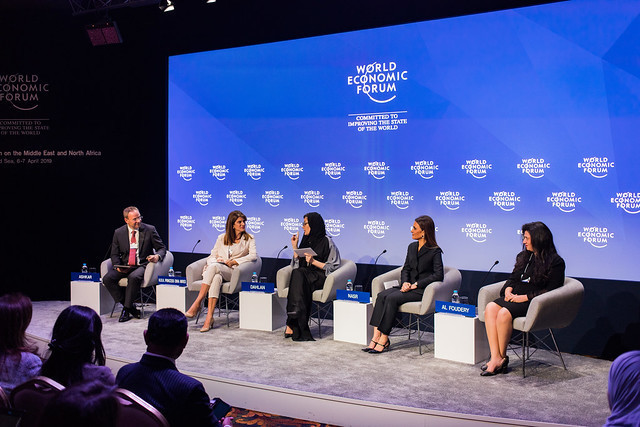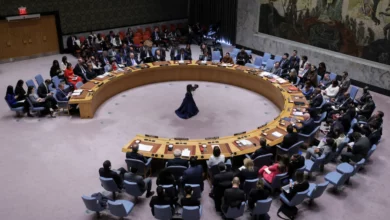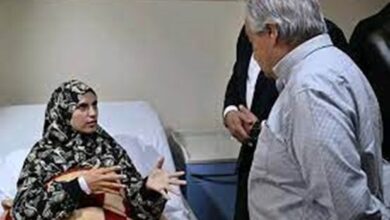
The World Economic Forum in the Middle East and North Africa took place at Jordan’s Dead Sea on April 6 and 7. The forum assembled more than 1,000 government, business and civil society leaders from more than 50 countries.
The forum was themed on three major visions: generating job opportunities, empowering Arab women and promoting the most intriguing startups that have joined the region’s industry over the past years.
The World Economic Forum reported several key moments from the summit.
Several enduring risks that are currently threatening the region dominated the forum’s discussion, including climate change, the refugees crisis, energy price shocks and water dearth in addition to ongoing violent conflicts in the area.
The UN’s Antonio Guterres raised the red flag and called for motivated action on climate change. He explained that a summit on the topic will be held in New York during September.
Guterres also discussed the refugees crisis, expressing sorrow that although many Arab countries are welcoming refugees, many developed countries have closed their doors on them, a statement by the World Economic Forum read.
Panelists in the session Radicalization – Lessons from the Past tackled the threat posed by jihadists group.
“You can kill a person, take a territory, but getting an idea is a whole other matter, and the idea still lives,” said Anne Speckhard, Director of the International Center for the Study of Violent Extremism, World Economic Forum stated.
“ISIS was selling a dream of an Islamic caliphate with purpose and dignity, and that dream still lives,” she added.
Some of the attendees highly recommended education as an impactful solution to such threats. They proposed education as a tool to deter more young women and men from radicalization. Others underscored the hatred circulated online–especially on social media–and called for controls on its platforms.
Jordan’s King Abdullah II highlighted the challenge of creating new jobs for the “burgeoning youth population.”
“Our young people are globally connected, tech-savvy, fluent in multiple languages and determined to succeed. They are proven assets to every enterprise,” he said.
He also showcased the region’s needs for rising politicians and leaders who are well-qualified to construct a safe environment in which youth can thrive and blossom.
The focal point of the partnership with the World Economic Forum was to gather 100 Arab startups with the aim of giving entrepreneurs a platform on which to present ongoing market challenges. Thus many booming entrepreneurs at the forum discussed with officials the pressures faced by the entrepreneurship community in the region.
The World Economic Forum indicated in a report that less than the quarter of women in the MENA region are employed, making up the lowest female employment representation globally, especially in leadership and management positions.
Sahar Nasr, Egypt’s Minister of International Cooperation, said that it is vital for government ministers such as herself to keep endeavoring to amend laws that discredit women.
“These are the things that we review as policy-makers, and this is where Parliament plays an active role, and there has to be an article where people just get access,” she said.
Image credit: World Economic Forum




